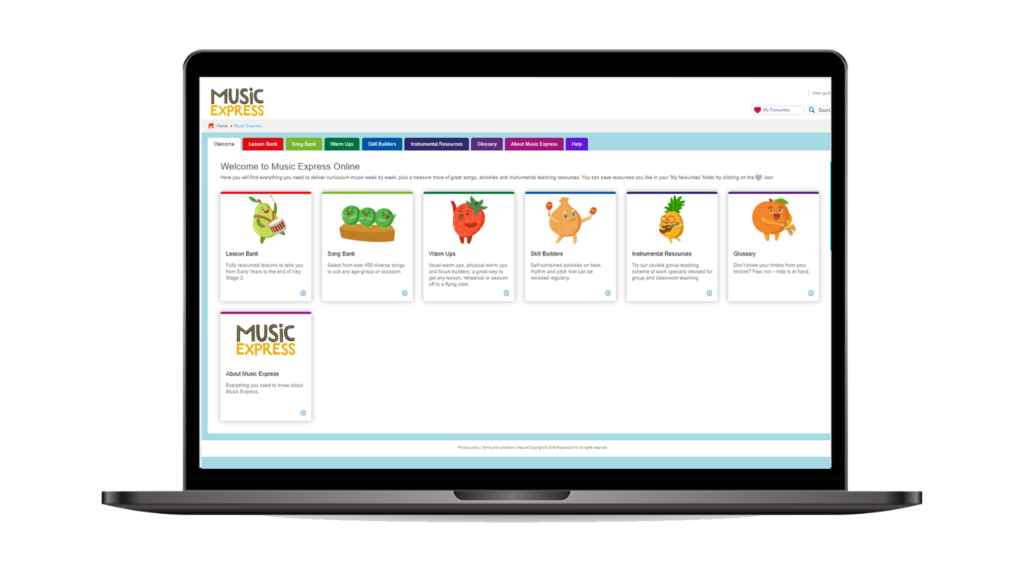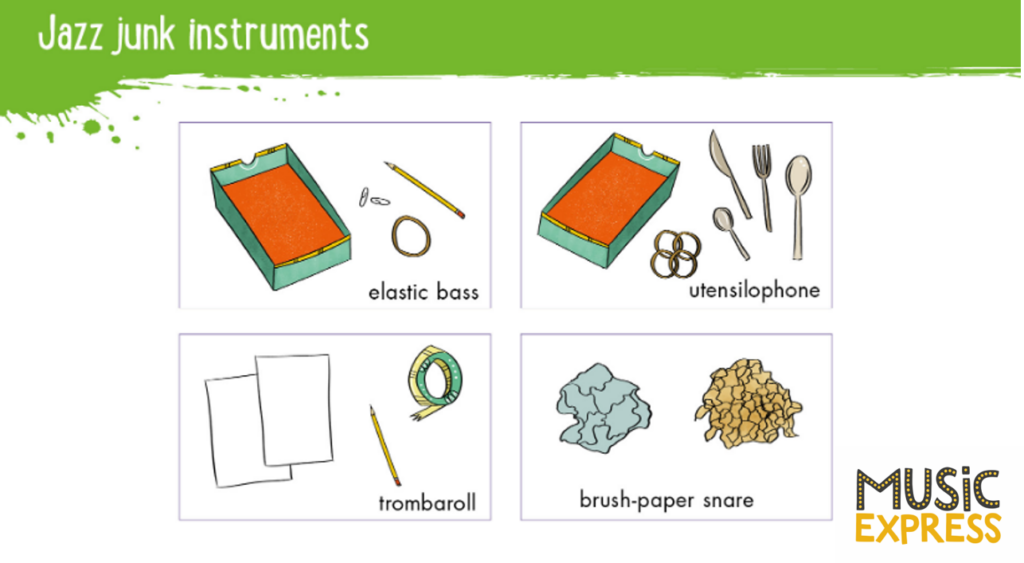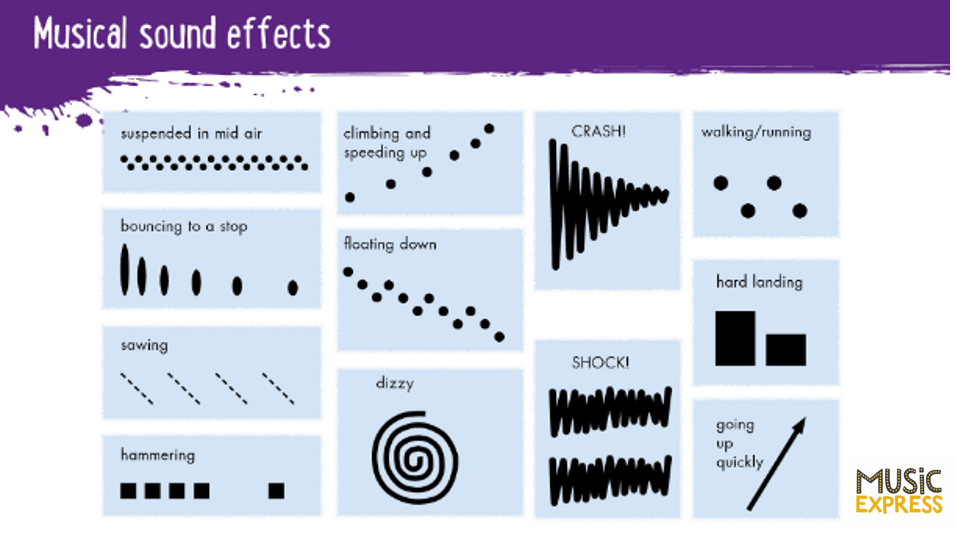Are you a parent or teacher who finds themselves responsible for devising or delivering home-based music lessons? Are you looking for advice and ideas for activities? Are you feeling apprehensive at the thought of teaching music, or perhaps you’re just not sure where to begin?
In these strange and difficult times, we have all had to make sudden and significant adjustments to the pattern of our lives – coping with being at home, managing work and providing activities to educate and entertain our children. Many parents are viewing this enforced isolation as an opportunity to engage in activities that they can tackle altogether, as a family – activities that would be more difficult to arrange during the normal hurly-burly of work and school, but which the current situation makes possible.
Music-making can be a perfect way to enrich these shared social times, as part of home learning and, of course, for enhancing enjoyment and pleasure.
But if you’re unused to delivering music lessons and leading musical activities, the prospect can seem a little daunting, which is why I’ve written these five tips for home music-making with early years and primary-aged children. I’ve also highlighted some useful content from Music Express, an award-winning educational resource used by thousands of EYFS practitioners and primary school teachers to deliver classroom music.

1. Get stuck in, even if you don’t consider yourself ‘musical’
It’s easy to allow our own judgements on our abilities and feelings of self-consciousness get in the way of giving something a go, especially for the first time, but don’t be apprehensive – remember you are in the safety of the home environment! If you show willing and enthusiasm, you are far more likely to see this reflected back, and you might even surprise yourself as you learn and develop skills alongside your children.

Singing is one of the simplest and most accessible ways to make music, but there are many reluctant singers out there! Why not try letting your children take the lead? They will likely have already acquired a surprisingly wide repertoire and will relish teaching you their favourites. You may also find it helpful to sing along with recordings until you feel more confident. There are hundreds of singalong programmes and videos available on the internet and Music Express has a Song Bank of over 400 songs with filters for age range, topic and style to guide your choices.
2. Create your own musical instruments
You’ll be amazed at how many sound-makers you actually have in your home! It’s also worth rummaging through your children’s baby toys for rattles and squeakers!
- Drums: Tap wooden spoons on upturned buckets or robust cardboard boxes.
- Scrapers: Run a pencil or pen over the ridges on cardboard vegetable trays or any corrugated material or surface.
- Flappers: Large envelopes or children’s placemats make wonderful rustling sounds that can imitate pirates’ sails, autumn leaves, washing on the line… be inventive!
- Shakers: Plastic milk/water bottles containing a little pasta, rice or dried pulses. Or, if you enjoy crafts, try drilling holes in milk bottle tops – thread each one on to a length of string, secured with a knot, just like conkers, then gather the tops and plait the strings together for a handle.

The Music Express Year 4 unit ‘Recycling’ has lots of ideas for making junk instruments.
3. Use games and activities that can be repeated with variations
You don’t need any musical qualifications to make music – just your voices, a few sound-makers, and a starting point. Save yourself a little planning time by having a few ‘stock’ activities and games that you can return to, and that can be adapted to keep them interesting. Download the activity sheet here which contains some very straightforward and accessible ideas to get the creative juices flowing.
4. Recycle well-known songs to make new ones
We are all songwriters! It’s a closely-guarded secret among music practitioners, but a cunning way to write a new song is to base it on a familiar tune. See how the melody of ‘Bobby Shaftoe’s gone to sea’ has metamorphosed into a ‘new’ song with lyrics that follow the syllabic/rhyme pattern of the original… it just couldn’t be easier!
Clap your hands and wiggle your fingers [x3]
Now we’ve made a pattern
Or try this ditty to ‘Heads, shoulders, knees and toes’, inventing actions for each animal:
Moose, monkey, kangaroo, kangaroo
Moose, monkey, kangaroo, kangaroo
And worm and owl and butterfly and flea
Moose, monkey, kangaroo, kangaroo
Other useful tunes to assist your family songwriting include: One finger, one thumb; Frère Jacques; The wheels on the bus; The farmer’s in his den; The animals went in two by two; My bonnie lies over the ocean; Ten green bottles; London Bridge is falling down; There’s a hole in my bucket; The Hokey Cokey; If you’re happy and you know it… and I’m sure you can think of many, many more!
5. Set mini projects for independent music-making
This is a great way to give older children freedom to explore their creativity and produce something of their own. The projects should have creative outcomes, for example, writing their own song to a familiar tune, composing an accompaniment with all the sound makers you’ve unearthed, or rehearsing for a grand home concert. Video the performances on your phone or iPad to share with other family members, friends and/or teachers.
A good creative springboard is to choose a suitably short cartoon film from YouTube. Press the mute button and invite children to create a new bespoke background accompaniment to reflect the storyline.

The Music Express Year 5 unit ‘At the movies’ offers many ideas for ways to add a musical backdrop to an animated film.
Music has long been considered as an outlet for emotions: supporting or perhaps relieving moods and feelings and bringing comfort in challenging circumstances. Consider the beneficial effects of the popular and uplifting wartime songs, those ballads that provided hope and a promise of better things to come. Perhaps home-based music-making in 2020 will become a powerful driver for some shared and much-needed optimism?
This blog is written by Sue Nicholls who has worked as a music subject leader and Advanced Skills Teacher in many primary settings. She has published several resource books with Collins Music and contributed material to many other publications. Sue now works as an independent music education consultant delivering courses, seminars, workshops and teacher training modules: she also leads the ‘Fast-Track’ Trinity CME programme at Northampton University.
Collins Music are offering free access to Music Express while schools are closed to support teachers, parents and pupils. Music Express is a digital resource for teaching primary music that’s easy to use and accessible to non-musicians as well as music specialists. Set engaging music lessons from home with a wealth of songs, games and activities with simple, step-by-step instructions. To set up free access for your school, or if you are an independent music educator, visit our teacher support page. Free access for parents can be obtained by visiting our learn at home page.
[mks_button size=”medium” title=”Find out more about Music Express” style=”rounded” url=”https://collins.co.uk/pages/primary-music-music-express” target=”_blank” bg_color=”#eabb36″ txt_color=”#FFFFFF” icon=”” icon_type=”” nofollow=”0″]



